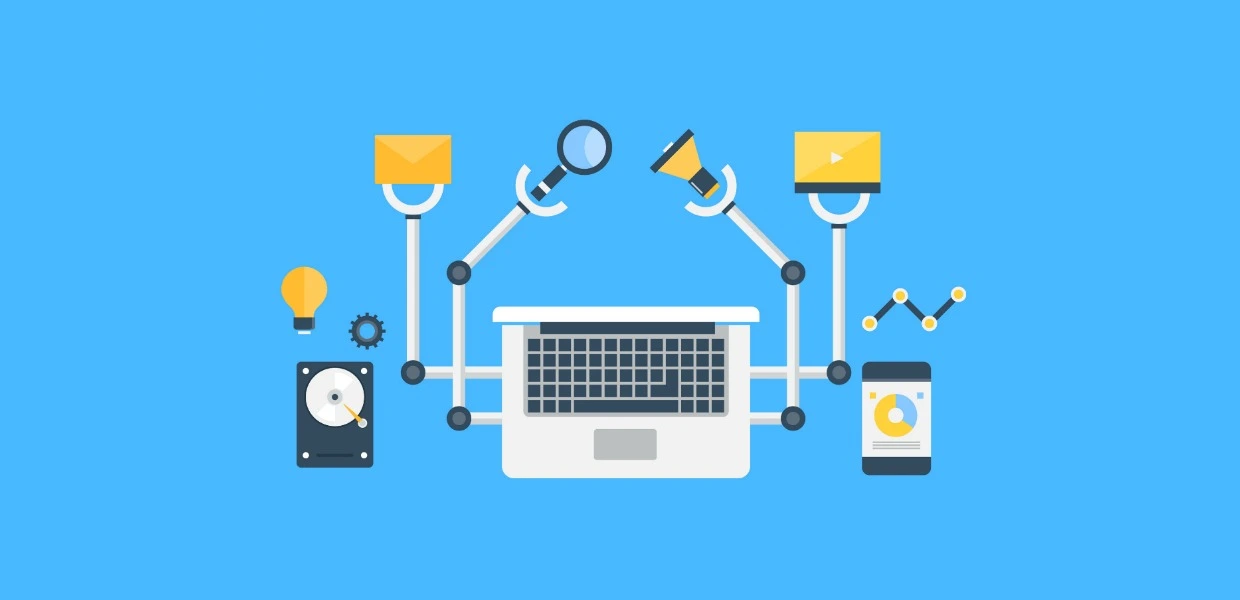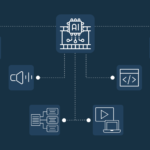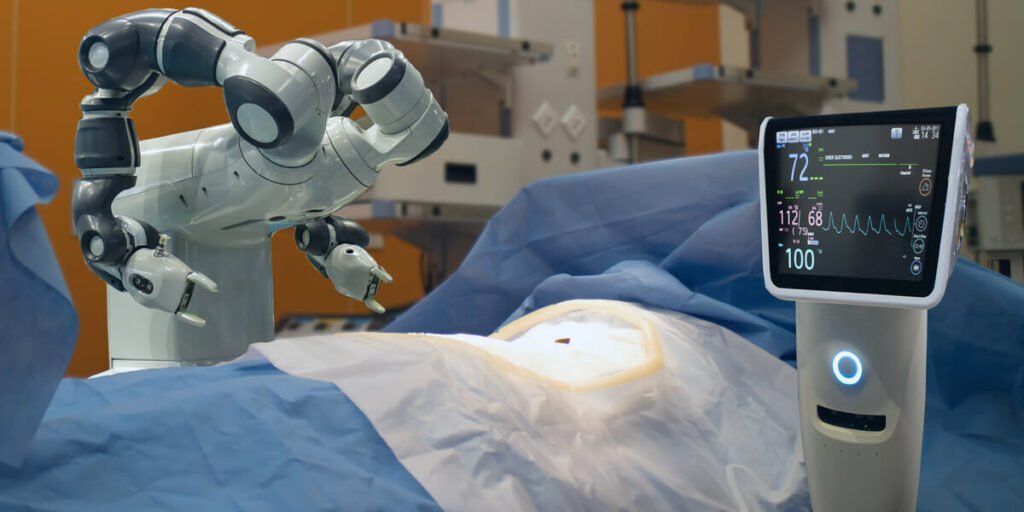In the contemporary landscape of business and industry, efficiency is not just a buzzword; it’s the cornerstone of success. The integration of artificial intelligence (AI) into various facets of operations has transformed the way businesses operate, particularly in the realm of automation.
The Rise of AI Assisted Automation Platforms
Traditionally, automation has been associated with streamlining repetitive tasks and reducing manual intervention. However, the emergence of AI has added a new dimension to automation, infusing it with intelligence and adaptability. AI Assisted Automation Platforms leverage machine learning algorithms and advanced data analytics to optimize processes, enhance decision-making, and drive innovation.
Key Features and Capabilities
These platforms offer a plethora of features designed to augment organizational efficiency and productivity, including:
Intelligent Process Automation (IPA): By combining AI capabilities with robotic process automation (RPA), AI Assisted Automation Platforms can handle complex tasks that require cognitive abilities such as decision-making, natural language processing, and pattern recognition.
Predictive Analytics: Leveraging historical data and predictive algorithms, these platforms forecast future trends, identify potential bottlenecks, and pre-emptively address issues before they escalate, thus enabling proactive decision-making.
Natural Language Processing (NLP): Through NLP, AI Assisted Automation Platforms can comprehend and generate human language, facilitating seamless interaction between users and systems. This enables tasks such as sentiment analysis, language translation, and content summarization.
Machine Learning Algorithms: These platforms continuously learn from data inputs, refining their algorithms over time to adapt to changing environments and optimize performance. This iterative learning process empowers organizations to stay ahead of the curve in dynamic market landscapes.
Cognitive Document Processing: By employing optical character recognition (OCR) and intelligent document processing (IDP) capabilities, AI Assisted Automation Platforms can extract valuable insights from unstructured data sources such as emails, PDFs, and images, transforming raw information into actionable intelligence.
Applications Across Industries
The versatility of AI Assisted Automation Platforms transcends industry boundaries, with applications spanning diverse sectors:
Finance and Banking: These platforms streamline KYC (Know Your Customer) processes, detect fraudulent activities in real-time, and optimize loan processing workflows, thereby enhancing operational efficiency and risk management.
Healthcare: In the healthcare sector, AI Assisted Automation Platforms facilitate medical image analysis, patient data management, and clinical decision support, empowering healthcare professionals to deliver personalized care and improve patient outcomes.
Manufacturing: From predictive maintenance and supply chain optimization to quality control and inventory management, these platforms drive efficiency gains across the manufacturing value chain, reducing downtime and enhancing production output.
Customer Service: AI Assisted Automation Platforms revolutionize customer service through chatbots, virtual assistants, and sentiment analysis tools, delivering personalized experiences and resolving inquiries with speed and accuracy.
Human Resources: In HR operations, these platforms automate recruitment processes, analyse employee sentiment, and optimize workforce planning, enabling organizations to attract top talent and foster a culture of employee engagement and retention.
Kenyt.ai is one of the upcoming big stars in the area of AI assisted automation platforms.
Challenges and Considerations
While AI Assisted Automation Platforms offer immense potential, organizations must navigate several challenges:
Data Privacy and Security: Handling sensitive data poses inherent risks, necessitating robust cybersecurity measures and compliance with data protection regulations such as GDPR and CCPA.
Ethical Considerations: As AI becomes increasingly integrated into decision-making processes, ensuring transparency, fairness, and accountability is paramount to mitigate potential biases and ethical dilemmas.
Integration Complexity: Integrating AI Assisted Automation Platforms with existing systems and workflows requires careful planning and execution to maximize synergies and minimize disruption.
Skill Gap: Capitalizing on the full potential of these platforms necessitates upskilling employees to leverage AI tools effectively and harness their capabilities to drive innovation and value creation.
The Future of Work
As AI Assisted Automation Platforms continue to evolve, the future of work is poised for profound transformation. By augmenting human capabilities with artificial intelligence, these platforms empower organizations to unlock new levels of efficiency, agility, and innovation, ushering in an era of unprecedented productivity and growth.
AI Assisted Automation Platforms represent a paradigm shift in how businesses approach automation, transcending traditional boundaries and catalysing digital transformation across industries.
Embracing these platforms not only enhances operational efficiency but also fosters a culture of continuous improvement and innovation, positioning organizations for sustained success in an increasingly competitive landscape.















Leave a comment